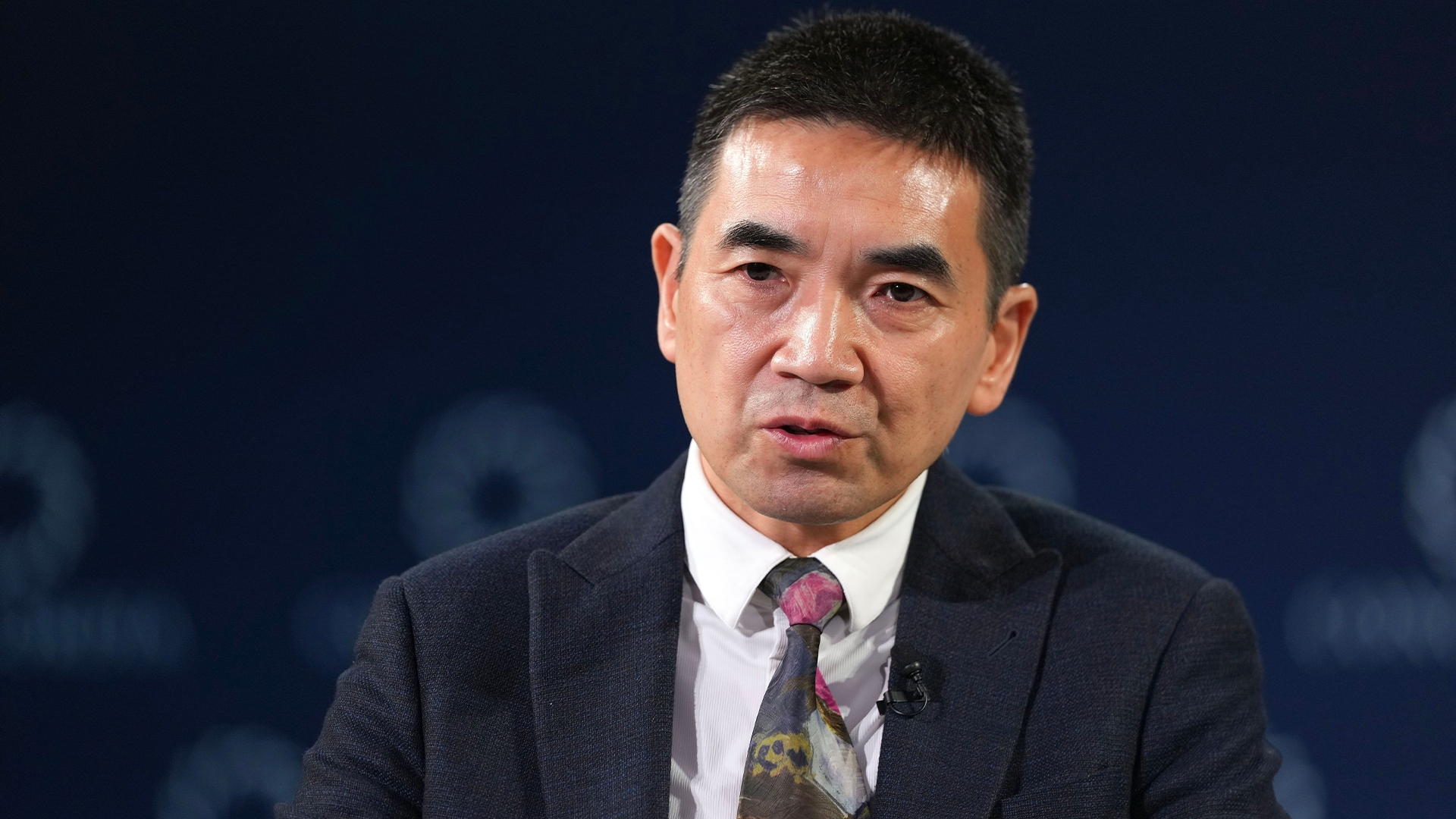#four-day-workweek
#four-day-workweek
[ follow ]
#work-life-balance #productivity #remote-work #employee-well-being #ai #ai-adoption #workplace-culture
fromRemotive Blog
3 months ago[Newsletter] The Tide Is Turning: From Tokyo to Tiny Towns
Modern work keeps stretching in two directions at once: toward more productivity and toward more humanity. From Japan's four-day workweek experiment to the shifts remote work has brought to big cities, the conversation is moving from how much we work to how well we work. Because maybe the future of work isn't about doing more: it's about doing it better, and living better while we do. -Maja
Careers
fromFortune
3 months agoAs Tokyo embraces a 4-day workweek to fight 'death by overwork,' Japan's new prime minister just called a 3 a.m. meeting | Fortune
When it comes to the future of work, Japan is caught in a tug-of-war. Tokyo officials are pushing for a four-day workweek, hoping a shorter schedule will ease the nation's notoriously punishing work culture and curb "karoshi" -which translates to death from overwork. With birthrates falling and burnout rising, many see the shift not as a perk, but a necessity for Japan's economic survival. But the country's new prime minister, Sanae Takaichi, is signaling a very different approach.
World news
UK politics
fromLondon Business News | Londonlovesbusiness.com
3 months agoFour day week? four day fantasy! - London Business News | Londonlovesbusiness.com
A four-day workweek reduces productivity, harms public services, and risks economic decline; committed work is essential to create value and sustain society.
fromYourTango
4 months agoSurvey Shows A Majority Of Workers Would Take A Pay Cut In Exchange For These 2 Things
There's one unifying reason why employees actually show up for work every single day. The pay. It's as simple as that. But is there such a thing as a job perk so good that it would make up for a pay cut from what you are currently earning? According to a survey conducted by Youngstown State University, of 1,000 employees in the U.S., there are actually two things that Americans would consider worthy of a pay cut: a remote or hybrid workplace or a four-day workweek.
Remote teams
[ Load more ]










